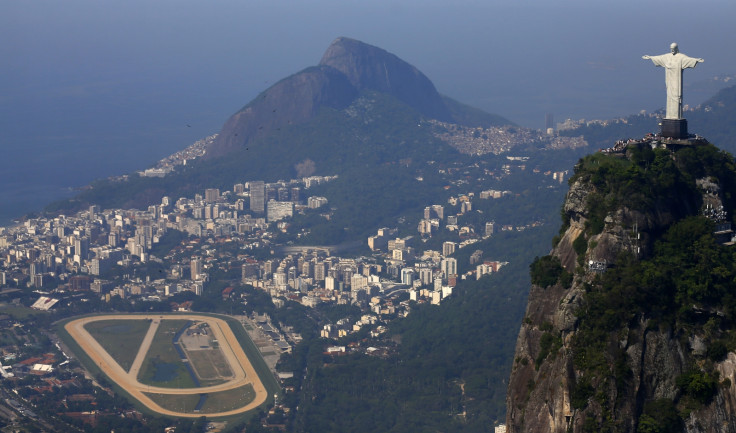Brazilian economy falls into recession with 1.9% contraction in second quarter

Brazil has entered into recession after the country's economy contracted by 1.9% in the second quarter, followed by a 0.7% contraction in the first quarter. The seventh largest economy in the world has been suffering from lower commodity prices and a general slowdown in the global economic growth.
While analysts anticipated a contraction in Brazil's gross domestic product (GDP), the actual rate of decline was more than expected. Earlier, the country revised down its first quarter GDP decline to 0.7% from 0.2%. A country is said to be in technical recession if it experience contraction in two consecutive quarters.
On a year-on-year basis, the second quarter growth was down 2.6%. Economists say that the country is facing the longest recession since 1931, with the economic slump expected to extend through 2016.
Apart from lower commodity prices, high interest rates in the country negatively impacted consumer spending, which is a major contributor to the country's GDP. In addition, Brazil introduced austerity measures to tackle high levels of debt, leading to a decline in government spending.
Household spending in the second quarter declined by 2.1% from the previous quarter, while output from construction sector declined by 8.4%. Transport, storage, postal services, financial services and insurance also reported falls in output.
The country's fall into recession comes as severe blow to the Dilma Rousseff government, which is facing a political unrest due to a corruption scandal and widespread austerity measures. Meanwhile, the president seemed to be confident about the country's economy, saying Brazil would overcome all the hurdles.
"Brazil is a strong country that will grow, will overcome the difficulties, which are momentary," she said during a speech. "We have conquered many things. We will not allow the country to go backwards."
© Copyright IBTimes 2025. All rights reserved.






















